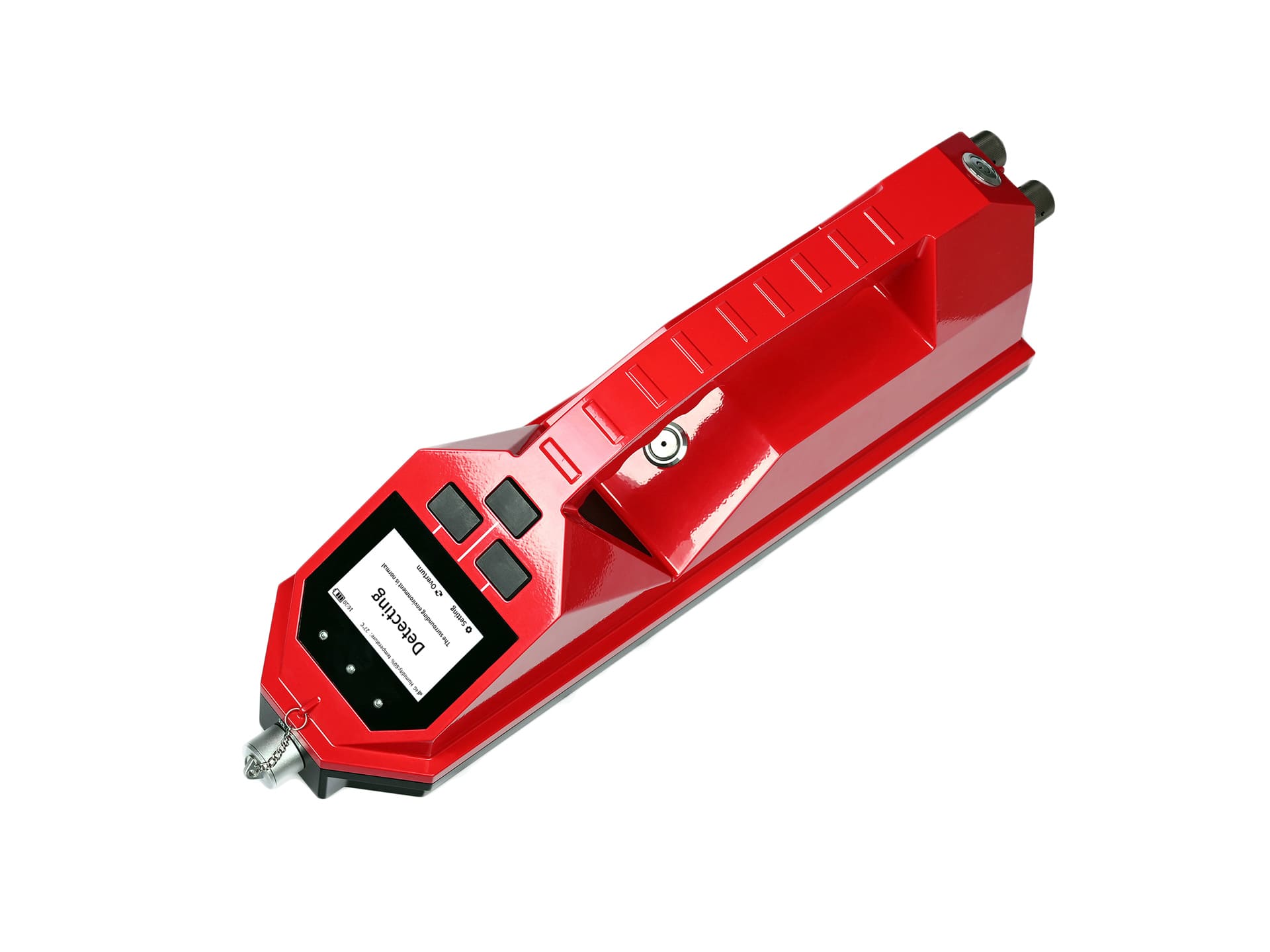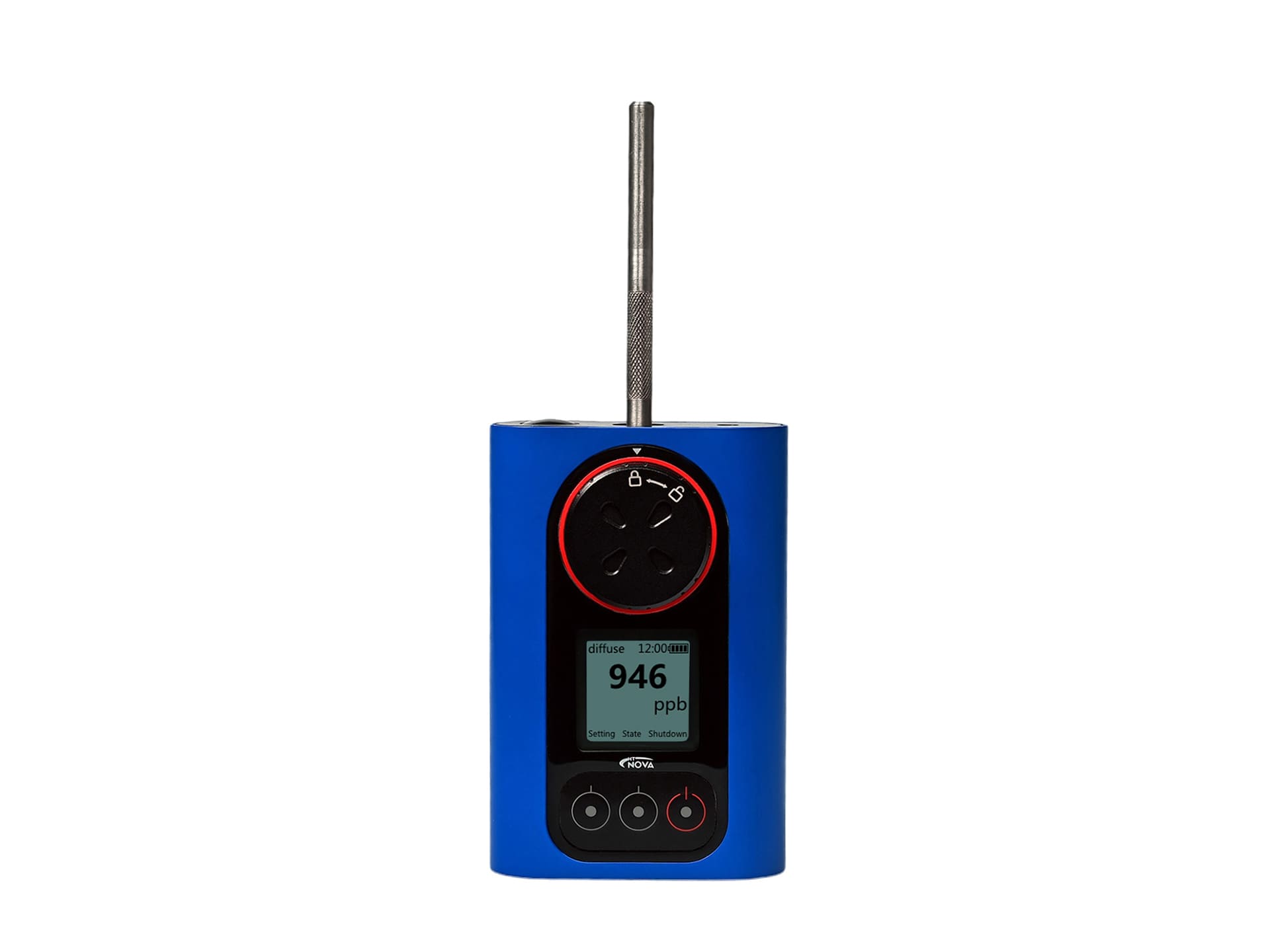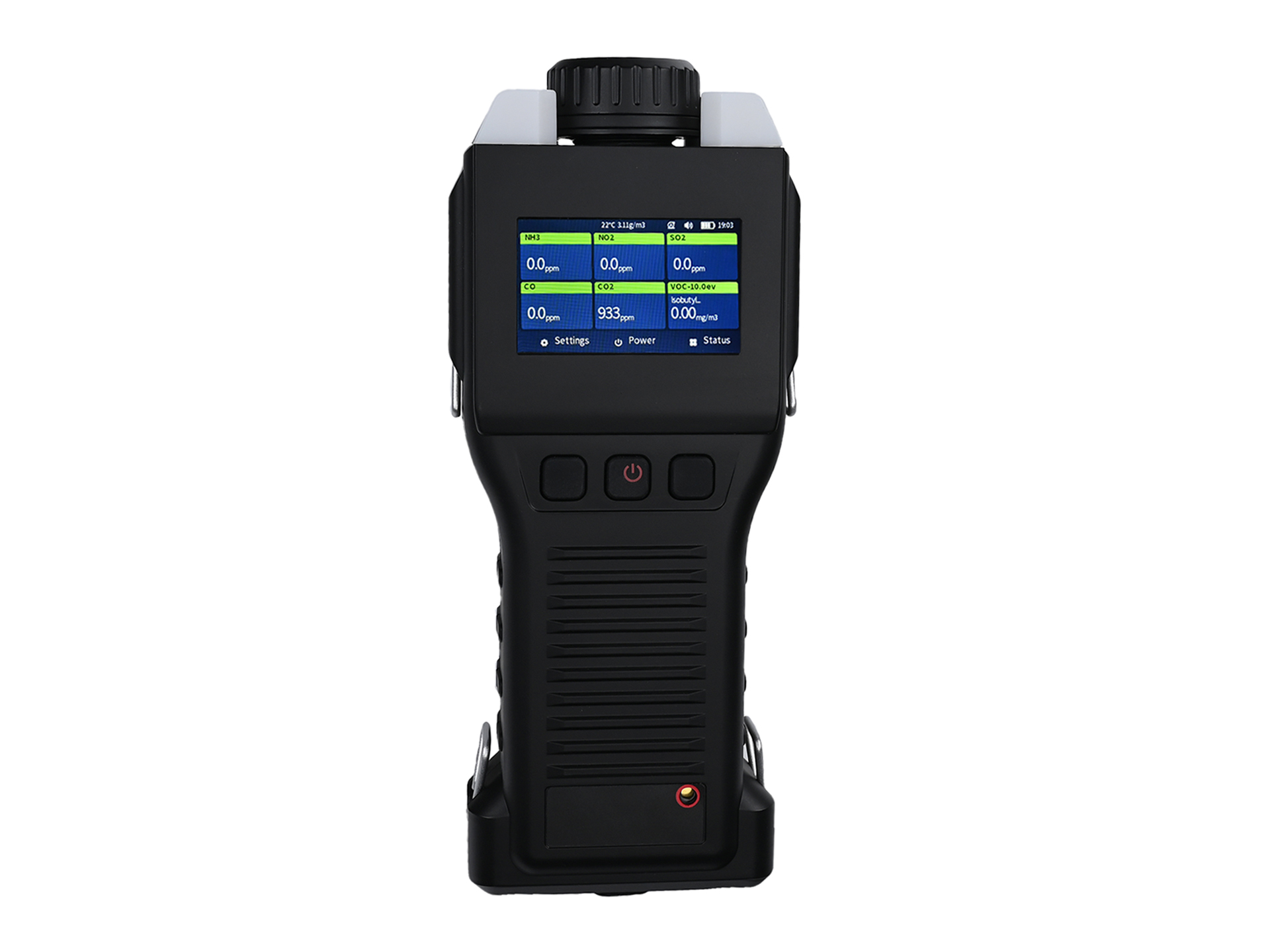
Electrochemical
Electrochemical sensors are sensors that detect and measure the concentration of target analytes using electrochemical principles. They achieve this by generating a current or voltage signal through chemical reactions between the target analyte and the electrode surface.
Electrochemical sensors typically consist of a working electrode, a reference electrode, and a counter electrode. The working electrode is the electrode in contact with the sample being tested, where electrochemical reactions with the target analyte occur. The reference electrode provides a stable potential as a reference baseline, while the counter electrode is used to measure the current or voltage signal generated by the electrochemical reaction.
Based on different electrochemical reactions, electrochemical sensors can be categorized into different types, including ion-selective electrodes, redox electrodes, and biosensors, among others. Ion-selective electrodes respond specifically to changes in the concentration of specific ions and are commonly used to measure ion concentrations such as pH and ion concentrations. Redox electrodes detect changes in analyte concentration through redox reactions and are often used to detect oxygen, redox-active substances, and others. Biosensors utilize the specific interactions between biomolecules and target analytes to detect biomolecules, bioactive substances, and more.
Electrochemical sensors have advantages such as high sensitivity, fast response time, and easy operation. They are widely used in environmental monitoring, biomedical applications, food safety, and other fields. For example, electrochemical sensors can be used to monitor heavy metal ions in water quality, detect biomarkers, and measure blood glucose concentrations. With continuous advancements in technology, the design and performance of electrochemical sensors are continuously improving, providing more possibilities for achieving higher sensitivity and faster detection.
Technology Features
Cost effective sensors
Low cost: Electrochemical techniques typically utilize simple experimental setups and common laboratory materials, resulting in lower costs. Compared to other analytical techniques, electrochemical methods do not require expensive instrumentation or consumables, reducing experimental costs and making them suitable for research and applications with various budget constraints
High sensitivity and selectivity: Despite their low cost, electrochemical techniques still exhibit high sensitivity, capable of detecting trace electrochemical signals, often achieving sensitivity levels in the sub-milliampere or even nanomolar range. Additionally, by carefully selecting electrode materials, electrolyte compositions, and operating conditions, electrochemical methods can achieve highly selective analysis of target substances, reducing background interference and improving the accuracy of analytical results

Real-time online monitoring
Real-time monitoring: Electrochemical techniques have the capability for real-time monitoring, allowing for the continuous acquisition of electrochemical signals during experiments and enabling on-the-fly analysis of samples. This real-time monitoring capability makes electrochemical methods valuable for applications such as monitoring reactions in dynamic processes and studying catalytic reactions, facilitating the real-time tracking of changes in reaction dynamics
Dynamic analysis: Electrochemical techniques enable dynamic analysis of samples, meaning that measurements and analysis can be conducted on samples at different time points or under different operating conditions. This capability for dynamic analysis helps in understanding the temporal changes in samples and the kinetics of reactions

Suitable for wide-ranging on-site applications
Wide applicability: Electrochemical techniques are suitable for various types of samples and analytical targets, including solutions, solid surfaces, and biological samples. Whether it's inorganic or organic compounds, they can be analyzed and measured using appropriate electrochemical techniques
Ease of operation: Electrochemical techniques are typically easy to operate, requiring no complex experimental setups or conditions. Sample preparation and handling are relatively simple, and advanced laboratory skills are not required. This makes electrochemical techniques an easily mastered and operated analytical method suitable for applications in various laboratories and settings






















